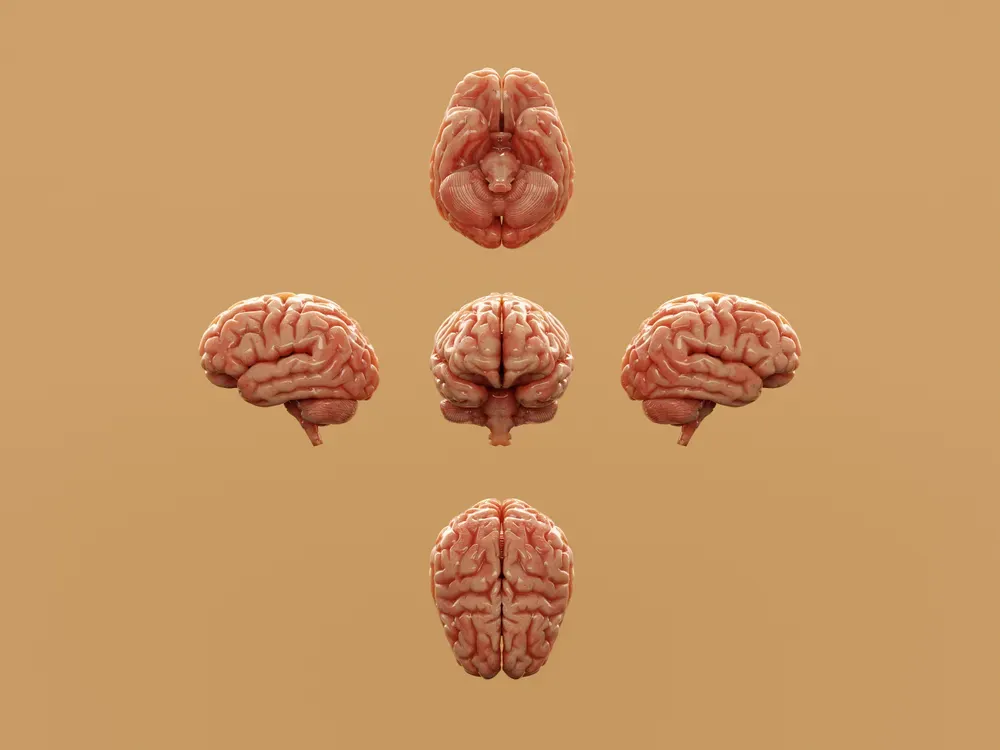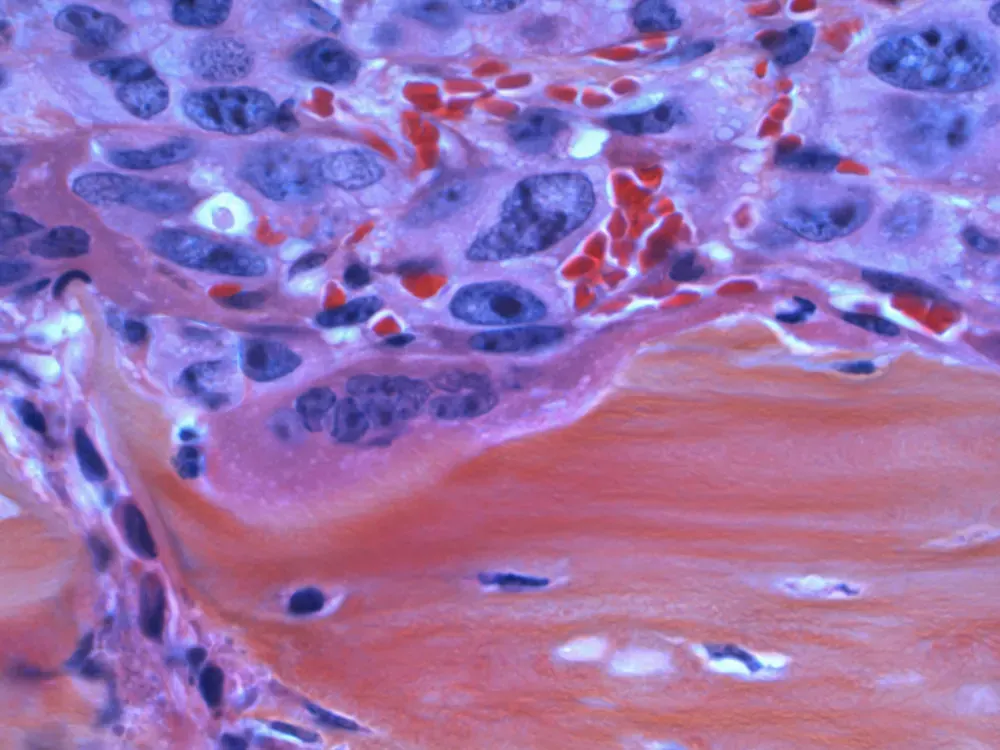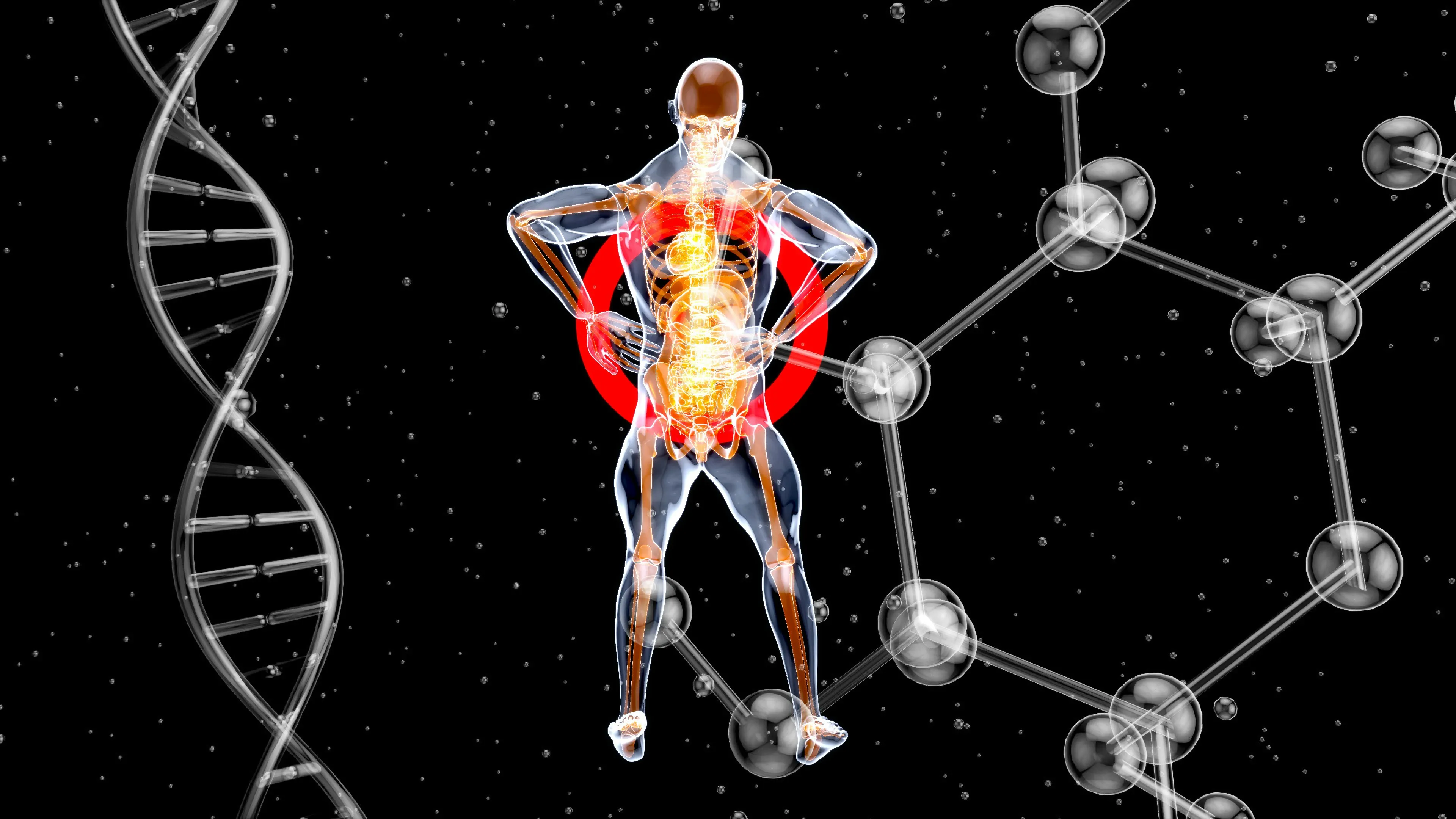Why Your Gains Are Made OUTSIDE the Gym: The Critical Role of Recovery
We work hard in the gym; lifting heavy and pushing our limits are critical pieces of the progress matrix. You show up, you put in the effort, and you're dedicated to reaching your fitness goals… and that's fantastic! But what if I told you that some of the most crucial work for building muscle, losing fat, and improving your overall fitness happens outside the gym?
It's true. The period after your workout – your recovery – is just as, if not more, important than the workout itself. And it's an area where many people unknowingly sabotage their own progress. Today, we're going to dive into why recovery is so vital, with a special focus on two key players: your hormones and the delicate balance of muscle breakdown and protein synthesis.

The Hormonal Rollercoaster: Why Balance is Key
Think of your hormones as the master communicators in your body. They regulate everything from your mood and energy levels to, critically for us, your muscle growth and fat metabolism. When you train intensely, you naturally trigger a hormonal response. For instance, hormones like testosterone and growth hormone are anabolic, meaning they promote tissue growth and repair. Cortisol, often called the "stress hormone," also rises during exercise, which is normal.
The problem arises when recovery is consistently neglected. Chronic overtraining, insufficient sleep, and constant stress without adequate downtime can lead to a state of hormonal imbalance. Here's what can happen:
- Elevated Cortisol: If cortisol levels remain chronically high due to inadequate recovery, it can become catabolic, meaning it starts to break down tissue, including muscle. High cortisol can also interfere with sleep, suppress your immune system, and even lead to increased fat storage, particularly around the midsection.
- Suppressed Anabolic Hormones: Conversely, persistently high cortisol and lack of recovery can suppress the production of those crucial anabolic hormones like testosterone and growth hormone. This creates an environment where it's much harder for your body to repair and build muscle, and can even lead to muscle loss.
- Insulin Sensitivity: Poor recovery can also impact your insulin sensitivity, making it harder for your body to utilize carbohydrates efficiently for energy and recovery, and potentially leading to more fat storage.
In essence, if your hormones are out of whack, your body is constantly playing defense instead of building itself stronger.

Muscle Breakdown vs. Protein Synthesis: The Battle for Gains
Every time you lift weights, you're intentionally creating microscopic tears in your muscle fibers. This is a good thing! It's the stimulus your body needs to adapt and grow stronger. This process is known as muscle breakdown (or catabolism).
Immediately after, and for the next 24-48 hours (or even longer depending on the intensity), your body kicks into repair mode. This is where protein synthesis (or anabolism) comes in. Your body uses amino acids (from the protein you eat) to repair those damaged muscle fibers and, ideally, build them back even bigger and stronger than before.
Here's why recovery is paramount in this process:
- Insufficient Recovery = Dominant Breakdown: If you don't allow enough time for recovery between intense sessions, you're constantly initiating muscle breakdown without giving your body adequate time to fully repair and synthesize new protein. You're essentially digging a deeper hole with each workout, leading to chronic muscle soreness, fatigue, and even a decrease in performance.
- The Protein Synthesis Window: While the "anabolic window" might not be as narrow as once thought, the hours and days post-workout are critical for maximizing protein synthesis. This requires not just sufficient protein intake, but also adequate rest, sleep, and caloric support.
- Overtraining's Impact: When you're overtrained, your body's ability to synthesize protein is severely hampered. This means that despite all your hard work, your muscles aren't getting the signal or the resources to grow. You might feel "flat," weak, and see your progress stall or even regress.
Practical Recovery Strategies You Can Implement NOW
So, how do we ensure we're optimizing our recovery and keeping our hormones and muscle-building machinery in check?
- Prioritize Sleep: This is non-negotiable. Aim for 7-9 hours of quality sleep per night. During deep sleep, your body releases growth hormone and repairs tissues.
- Fuel Your Body Strategically: Consume adequate protein throughout the day to provide the building blocks for muscle repair. Don't neglect carbohydrates for energy and to replenish glycogen stores, and healthy fats for hormone production.
- Hydrate, Hydrate, Hydrate: Water is essential for every bodily function, including nutrient transport and waste removal.
- Incorporate Active Recovery: Light walks, stretching, foam rolling, or gentle yoga can increase blood flow, reduce muscle soreness, and aid in recovery without adding more stress.
- Listen to Your Body: Don't be afraid to take rest days when you feel fatigued or unusually sore. Pushing through constant fatigue is a recipe for overtraining and injury.
- Manage Stress: Chronic stress (from work, life, etc.) can elevate cortisol levels just as much as physical stress. Incorporate stress-reducing activities like meditation, reading, or spending time in nature.
The Takeaway
Your workouts are the spark, but recovery is the fuel that ignites your results. By understanding the critical roles of hormonal balance and the muscle breakdown/protein synthesis dynamic, you can empower yourself to make smarter choices outside the gym. Embrace recovery as an integral part of your training program, and watch your progress soar!
Now, go forth and recover like a pro!


